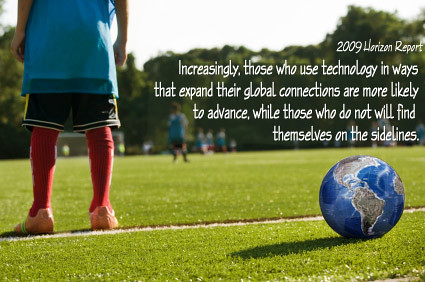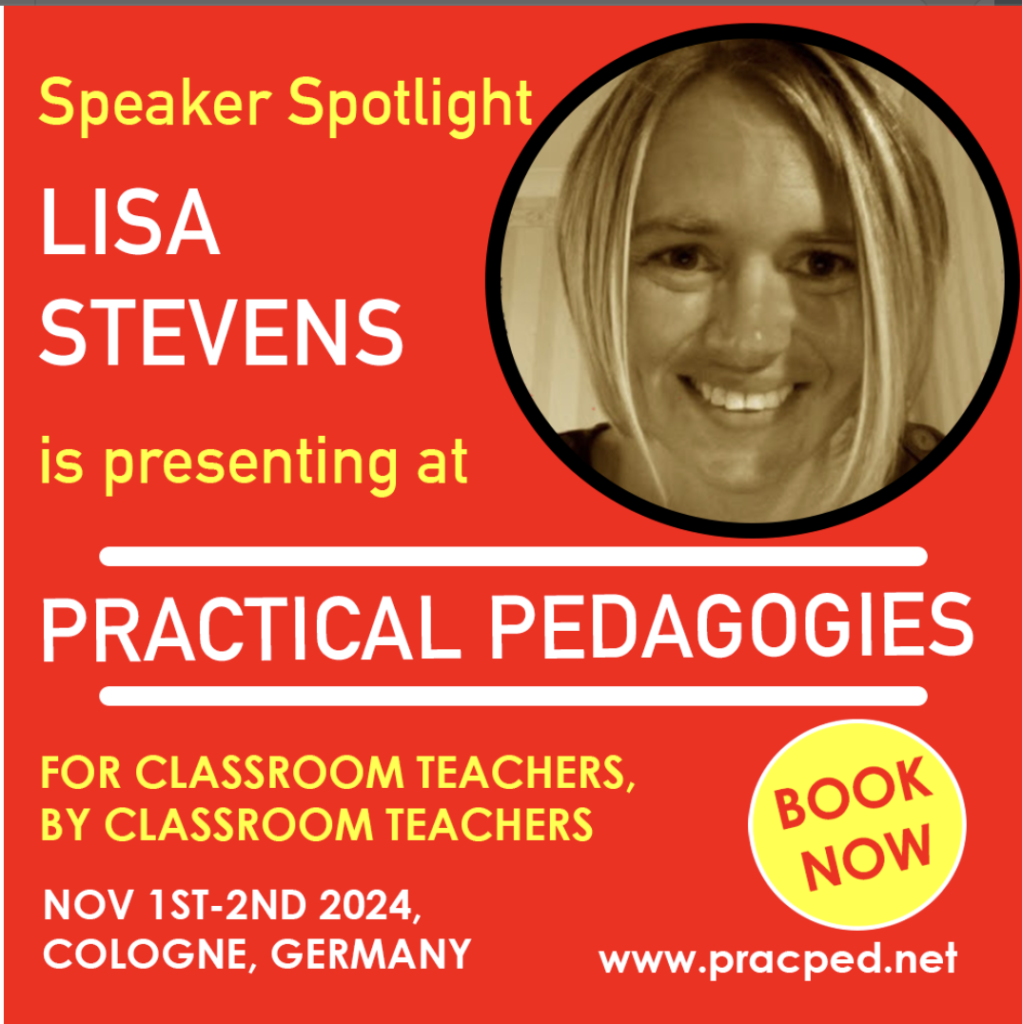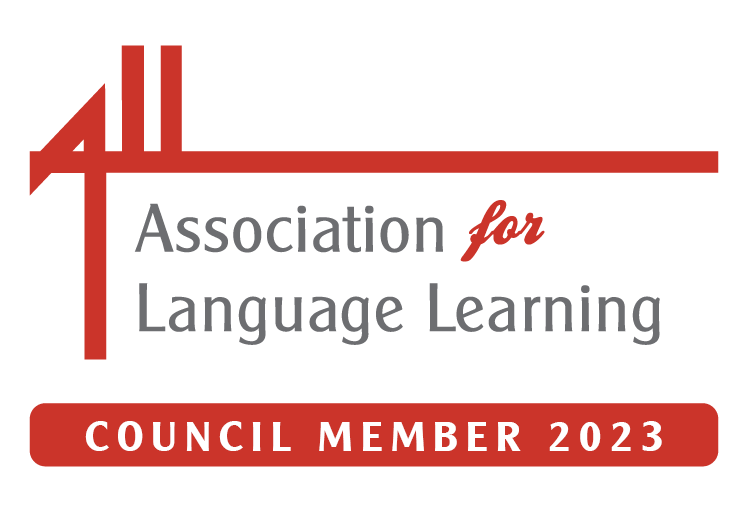Languages MiniOlympics packs – Bringing together the two threads of KS2 teaching and languages and the International Dimension – presented by Michaela Howard and Jo Darley
 Jo and Michaela – having marvellously overcome technical issues- presented their ideas for how to use the Olympics as the inspiration for language learning activities that are clearly linked to the KS2 Framework and specifically for the class teacher to deliver.
Jo and Michaela – having marvellously overcome technical issues- presented their ideas for how to use the Olympics as the inspiration for language learning activities that are clearly linked to the KS2 Framework and specifically for the class teacher to deliver.
1. GETTING TO KNOW YOU
Take 6 athletes from around the world –
- look at their photographs
- looking at names and have a go at pronouncing the names,
- are they male or female? which country?
- present countries in original language – can you decide which country it is?
- look at different script
- pause for thought – what was hard / easy?
- greetings in their own language – which is which?
- flags of countries – research?
- sports on each day – who will be doing which sport? by process of deduction, decide!
- customs and cultures to finish – which fact belongs with which athlete?
2. SPORTS
- short activities that fit well into the school day
- adapt the sports chart (containing all the sports in 5 languages) to individual needs – use one column or all five columns but just six sports to group etc
- perhaps cut up into chunks to match up, compare languages, describe their decisoon making
- then look for the symbols for sports
- tailor it to the interests of your learners
- make links – ask partner schools to tell you about their sports
3. DESIGN AN OLYMPIC EVENT
Michaela suggested challenging pupils to come up with their own Olympic event by posing the following questions –
- what would YOUR Olympic event be?
- who is it for?
- team vs individual
- equipment?
- feelings?
- why should it be in the games?
- enjoyable?
- where will it be held?
- training?
- values?
- judging?
- skills?
- children be involved?
*excellent activity with a partner school*
*engaging learning – collaborating*
4.MASCOTS
http://www.mapsoftheworld.com/olympic-trivia/olympic-mascot.html
Design a mascot with 2 places to look for inspiration – info on Beijing mascots and how they were conceived, what they represent etc and from London Olympic mascots – very visual labelled diagrams. (Didn’t manage to note the URL but found the picture!)
A mascot for YOUR area – black cabs are specific to London perhaps – what would eg Lincoln have?
(there’s a mascot maker on the 2012 site!)
5.PUBLICITY
How might you use the job of promoting the Olympic games as a task?
In Y3 with the objective “to copy words” you might
- design a ticket
- label a map of the event
- simple bilingual dictionary to find your favourite sport
- make a welcome flag
In y4 with the objective “to write some simple words and phrases using model and some from memory” you might make
- programme cover
- logo and label it
- whole class poster advertising all sports
- simple menu for food stand (healthy lunchbox)
In y5 with the objective “to write words, phrases and short sentences using references” you might design a cartoon strip
In y6 with the objective ” to write sentences on a range of topics” you might
- write a paragraph to describe how you feel about games
- discuss where the games should be in 2020 – make your case
- produce tourist information for another country
6. ON YOUR MARKS
Going back to the 6 athletes and using these two sites, find out the distance the athletes have to travel to London (assuming they live in the capital city of their country!) How long will it take to travel? what time is it in their city when it’s x o’clock in London?
http://www.silkysteps.com/forum/showthread.php?t=1118
http://www.timeanddate.com/worldclock/distance.html
7. NATIONAL ANTHEMS
There are 216 countries competing. Each one has a national anthem. What a lot of music to exploit!
- What’s ours?
- Listen to the national anthems – which country is it? You might need to give some clues too!
- Look at lyrics in English and in the language of the country
- Match up original to the English

















